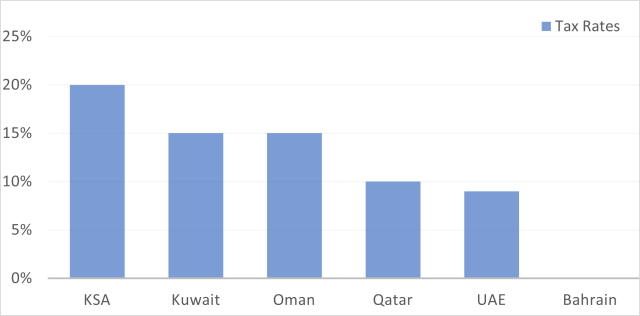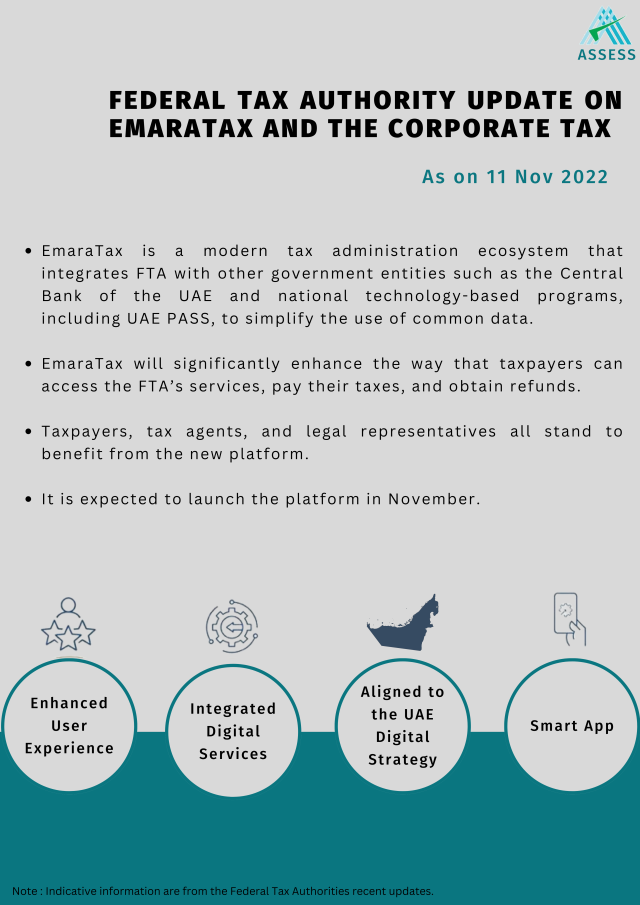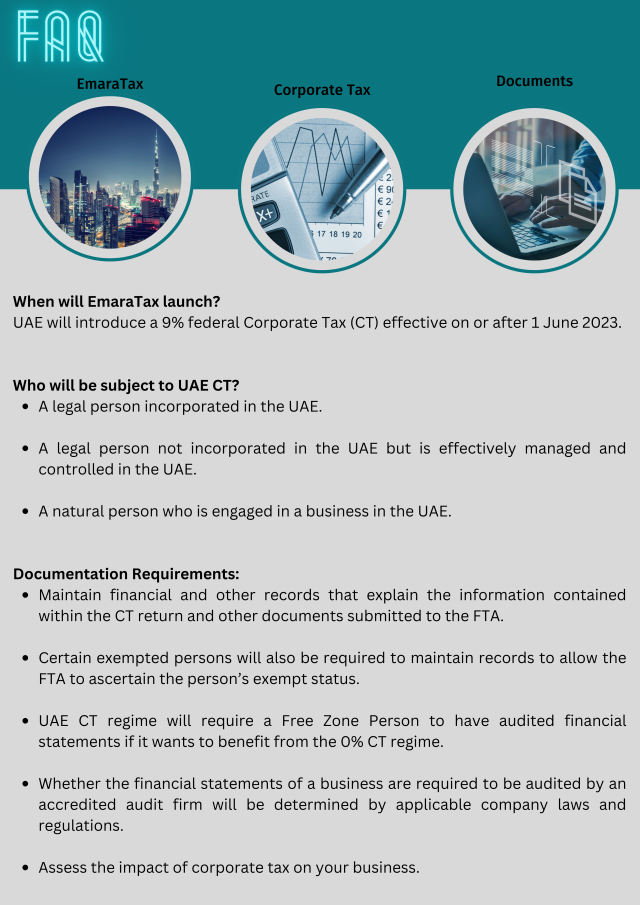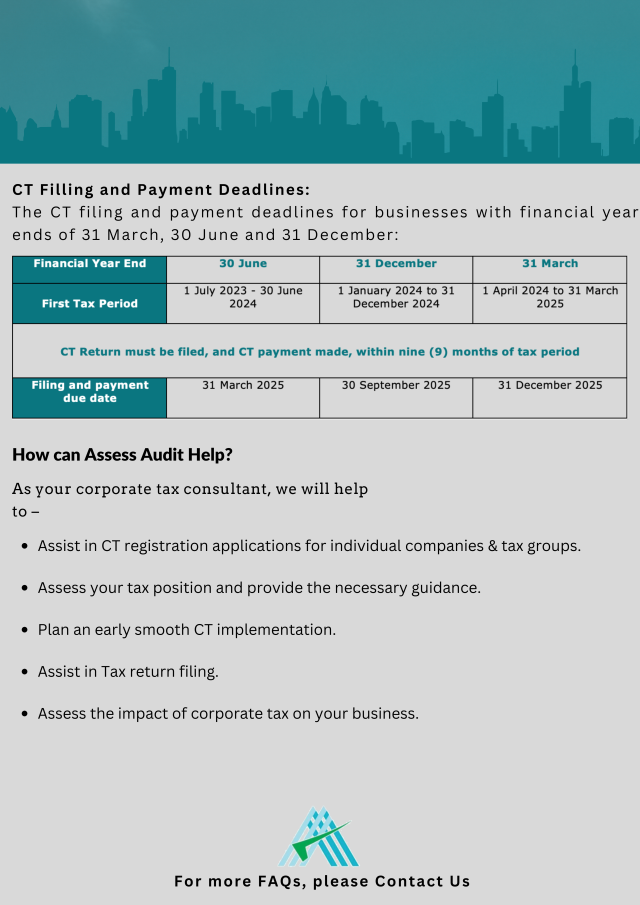Limited and general partnerships
Limited and general partnerships and other unincorporated joint ventures and association of persons will be treated as “transparent” for UAE CT purposes.
A flow-through entity – also known as a “pass-through entity” or “fiscally transparent entity” – is a legal business entity where its profits flow directly to the investors/owners, and only the investors or owners are taxed on the income. The structure helps avoid double taxation, which is when an income from the same source is taxed both at a corporate and personal level.
Partners in an unincorporated partnership
As a general rule, an unincorporated partnership will not be treated as a taxable person, i.e. the partnership is looked through and each partner is treated as a taxable person on their distributive share. This would mean each partner would be responsible for complying with UAE CT administration and compliance burdens and for paying UAE CT on their taxable income as if each carrying on independent business subject to UAE CT. Assets, liabilities, income, and expenditure of the partnership should be allocated to each partner in accordance with their distributive share.
Partners in an unincorporated partnership can make an irrevocable (save exceptional circumstances) application to the FTA for the unincorporated partnership to be treated as a taxable person, i.e. to be recognised as its own entity subject to UAE CT. Where this application is made, partners remain jointly and severally liable for the partnership’s CT liability. One partner will be appointed as the responsible partner for any UAE CT obligations and proceedings for the partnership.
Foreign partnerships
Foreign partnerships will be treated as unincorporated partnerships where the partnership is not subject to tax under the laws of the foreign jurisdiction and each partner is individually subject to tax on their distributive share of the partnership’s income when the partnership receives or accrues it. Partnerships are flexible vehicles that are typically complex from a tax perspective. The approach adopted in the UAE CT law attempts to simplify the tax treatment and is in line with international best practice.
Family foundations
The CT Law identifies family foundations, trusts, and similar entities as independent juridical persons that are used to protect and manage the assets of an individual or a family with a separate legal personality. A family foundation can apply to be treated as a transparent ’unincorporated partnership‘ for UAE CT purposes under certain conditions. This would generally prevent the income of the foundation or trust from attracting UAE CT and could be a useful vehicle for families to ensure a tax efficient holding structure, proper governance, as well as succession planning.
How can Digits help you?
Still confused about the complex terms in Corporate Tax. You need highly qualified tax consultants who can assist you at every step of your business to stay complied with the tax policies of the land and identify accurate tax liabilities. Our team of experts not only provides you with mere services but also enables you to prosper and move in the right direction to increase the efficiency of your activities. Acquire robust accounting, auditing, and tax consultancy services just under one roof and give wings to your business with our team of experts at Assess. To explore more, approach us now.




